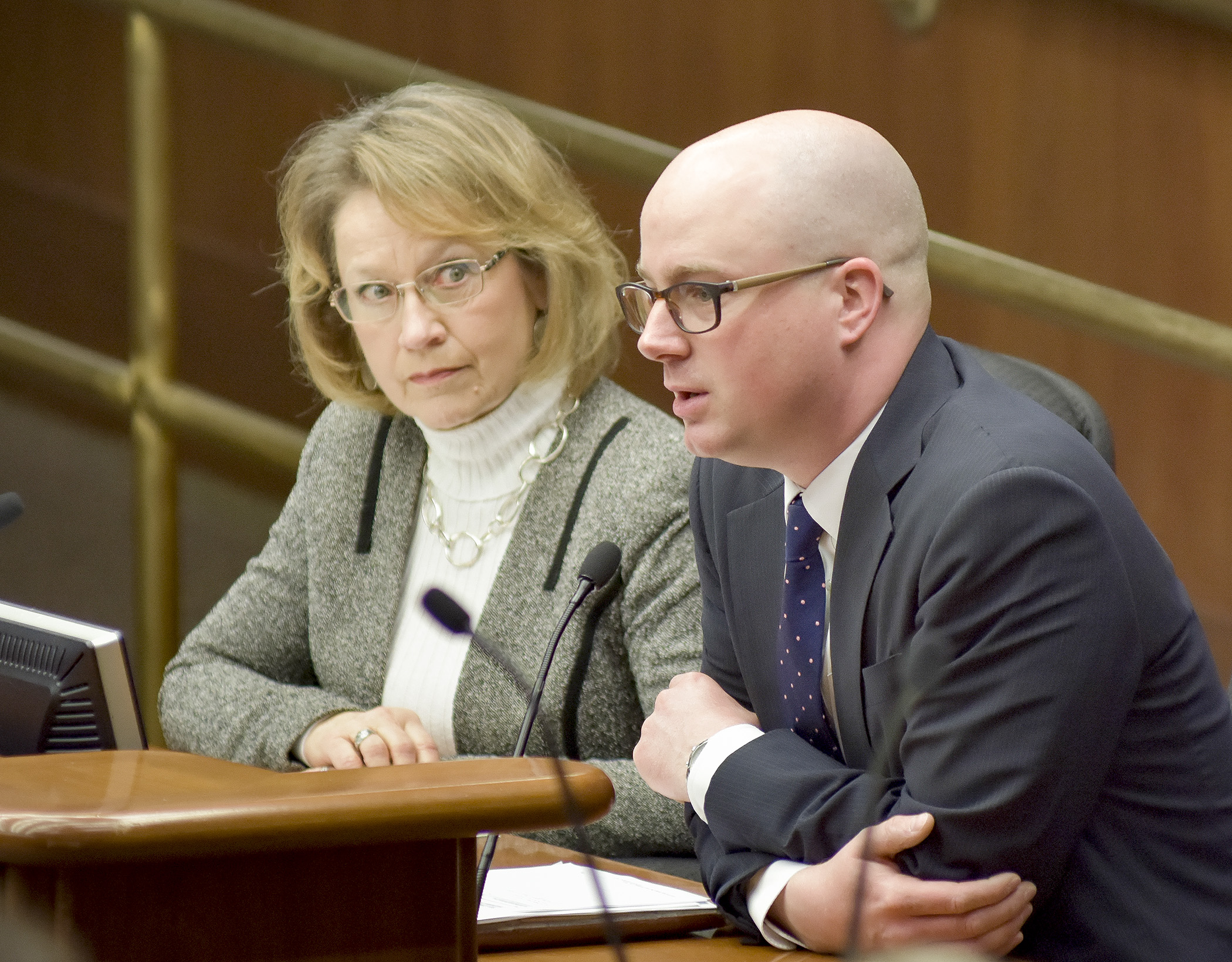Special tax district proposed as way to pay transit line operations

A plan put forward by the chair of the House Transportation and Regional Governance Policy Committee would capture increased property tax revenues along fixed transit lines, like light-rail, to help pay for operating the lines.
HF1315, sponsored by Rep. Linda Runbeck (R-Circle Pines), aims to eliminate the need for state dollars to subsidize the route operation like the Green Line and Blue Line light-rail lines in Minneapolis and St. Paul.
Approved by the committee Monday, the legislation would direct the Metropolitan Council to establish special taxing districts for all existing and new fixed transit lines that it operates. The bill proposes to generate revenue from the increase in property taxes paid by commercial/industrial and non-homestead residential properties along the lines in a manner similar to Tax Increment Financing, a revenue-capturing mechanism often used by local governments.
“There’s a before the rail and there’s an after the rail,” Runbeck said. Using a portion of increased local property tax collections along a transit line, she said, would help ensure “there’s some skin in the game.”
The bill was referred to the House Transportation Finance Committee. There is no Senate companion.
Rep. Frank Hornstein (DFL-Mpls) said he isn’t opposed to the concept of using a TIF-type mechanism to capture revenue for transit. Minneapolis city officials have proposed a similar plan to help fund a planned streetcar line.
Hornstein, however, said he is opposed to the bill because of expanded taxing authority that the legislation would hand to the Metropolitan Council.
“Local officials — elected officials — know best how to use TIF in their community,” he said.
Related Articles
Search Session Daily
Advanced Search OptionsPriority Dailies
Ways and Means Committee OKs proposed $512 million supplemental budget on party-line vote
By Mike Cook Meeting more needs or fiscal irresponsibility is one way to sum up the differences among the two parties on a supplemental spending package a year after a $72 billion state budg...
Meeting more needs or fiscal irresponsibility is one way to sum up the differences among the two parties on a supplemental spending package a year after a $72 billion state budg...
Minnesota’s projected budget surplus balloons to $3.7 billion, but fiscal pressure still looms
By Rob Hubbard Just as Minnesota has experienced a warmer winter than usual, so has the state’s budget outlook warmed over the past few months.
On Thursday, Minnesota Management and Budget...
Just as Minnesota has experienced a warmer winter than usual, so has the state’s budget outlook warmed over the past few months.
On Thursday, Minnesota Management and Budget...